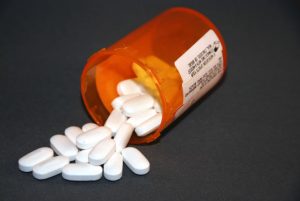When the U.S. Supreme Court in 2011 handed down its decision in Pliva v. Mensing, it essentially left a large group of people – those who use generic prescription drugs – without any recourse if those drugs proved dangerous or defective.
Generally, it’s been held that makers of brand name drugs can’t be liable for generic drugs because they don’t actually make them. The Pliva decision made it so that generic drug makers can’t be liable for failure to warn (a key in any defective drug case) because by federal law, generic drug makers don’t write the labels. The labels are written by the brand name manufacturers and then approved by the U.S. Food & Drug Administration.
All this makes it interesting that the California Supreme Court will be taking on the issue of “innovator liability,” also known as brand manufacturer liability for generics in the case of T.H. v. Novartis Pharm. Corp. You see, California is one of the few states where courts have held that brand name manufacturers could in fact be liable for dangerous generic drugs. That ruling was handed down in Conte v. Wyeth, in which a California appeals court determined the brand name maker of a drug called Reglan, used to treat gastroesophageal reflux disease, could be found liable for injury caused by the generic version. The California Supreme Court declined to review that decision, so it’s been generally accepted in that state. Continue reading
 Product Liability Lawyer Blog
Product Liability Lawyer Blog


